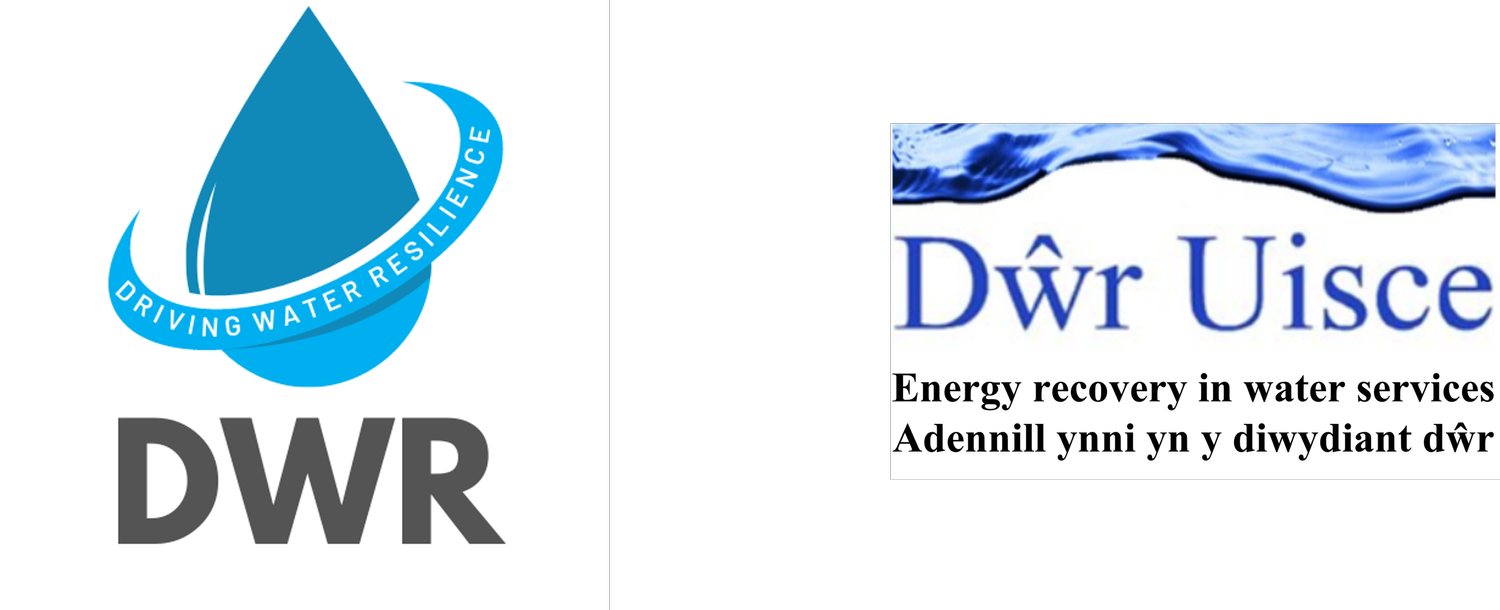Auditing Water-Energy Demands in the Built Environment
As part of the policy support and guidance theme of the project, we are looking into the water-related energy demands of a range of key water demands in the built environment in Ireland and Wales, including in households, offices, leisure centres, and schools. This auditing and benchmarking work is enabling the quantification of the water-related energy and associated emissions and cost savings that can be made through water use efficiency.
This is important because the built environment accounts for 40% of energy use and 36% of greenhouse gas emissions in the European Union. A lot of this is from domestic demands for hot water and space heating (both household and non-residential), and it is estimated that over 86% of energy demands in households is associated with heating water for showers, laundry, dishwashing, etc. with much of the energy consumed for this wasted down the drain without performing any other useful purpose.
Irish Water is the largest electricity consumer in Ireland and a recent study found a potential in energy savings of 17.5GWh per annum which is equivalent to the yearly consumption of around 3.400 households and over 4,000 tons of CO2 equivalent. Therefore, even when using cold water, energy is required at treatment and supply stages. This is known as embodied energy, which is also unnecessarily wasted through inefficient water use and using water use efficiency also saves embodied energy associated with water production.
We work with leisure centres to investigate how centres can reduce their water-related energy use through water management. Leisure centres, as large users of water and energy, account for significant emissions and operational costs, and there is scope for very significant reductions in water and water-related energy demands and associated emissions and costs without impacting service quality and delivery.
We are very encouraged by investments and improvements in energy management in most of the centres. However, not much is been done in terms of water management except for ongoing and phased refurbishment of water using fittings and appliances. Given the link between water and energy use, we suggest leisure centres consider water management as a core component of energy management policy and carbon reduction ambitions and targets, and consider water and energy management as a single, integrated management task rather than two separate tasks as is currently typically the norm.
We have also been looking into households in Ireland via our citizen science project on household water-energy efficiency to improve our understanding of water-related energy use to help us assess and quantify the most effective means of improving the efficiency and sustainability of current household water and energy use, where the public is helping us to crowd-souce information and data. This project consists of two key parts: a cross-sectional survey to assess the current public perception of household water and water-related energy use, to be followed by a longitudinal study where participants record their water use at home to assess the actual current household micro-component water use and associated water-related energy use. The findings of the project will quantify the potential of household climate action through water-energy use efficiency in reducing emissions and costs, and to develop an up-to-date best practice guidelines for climate action from household water use efficiency.
For more information on the Dwr Uisce project work in this area, please contact: a.bellodambatta at bangor.co.uk.


